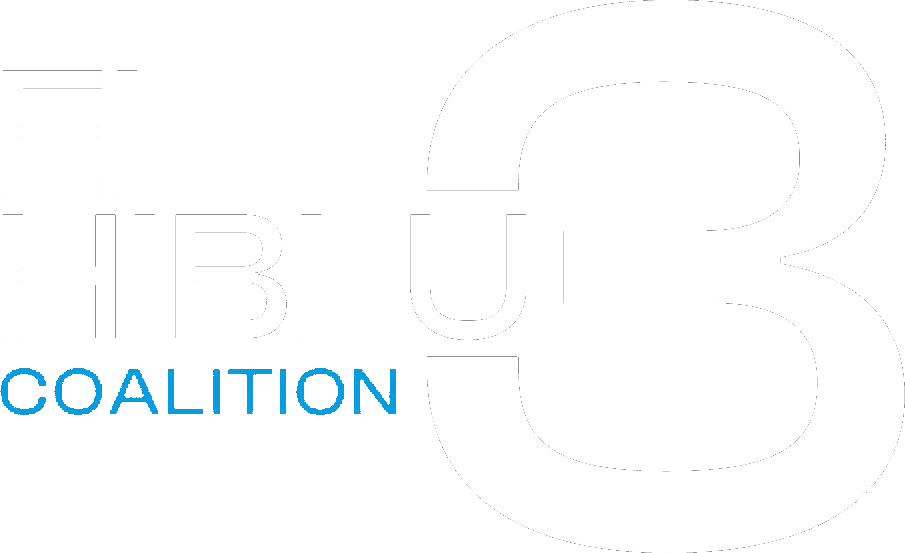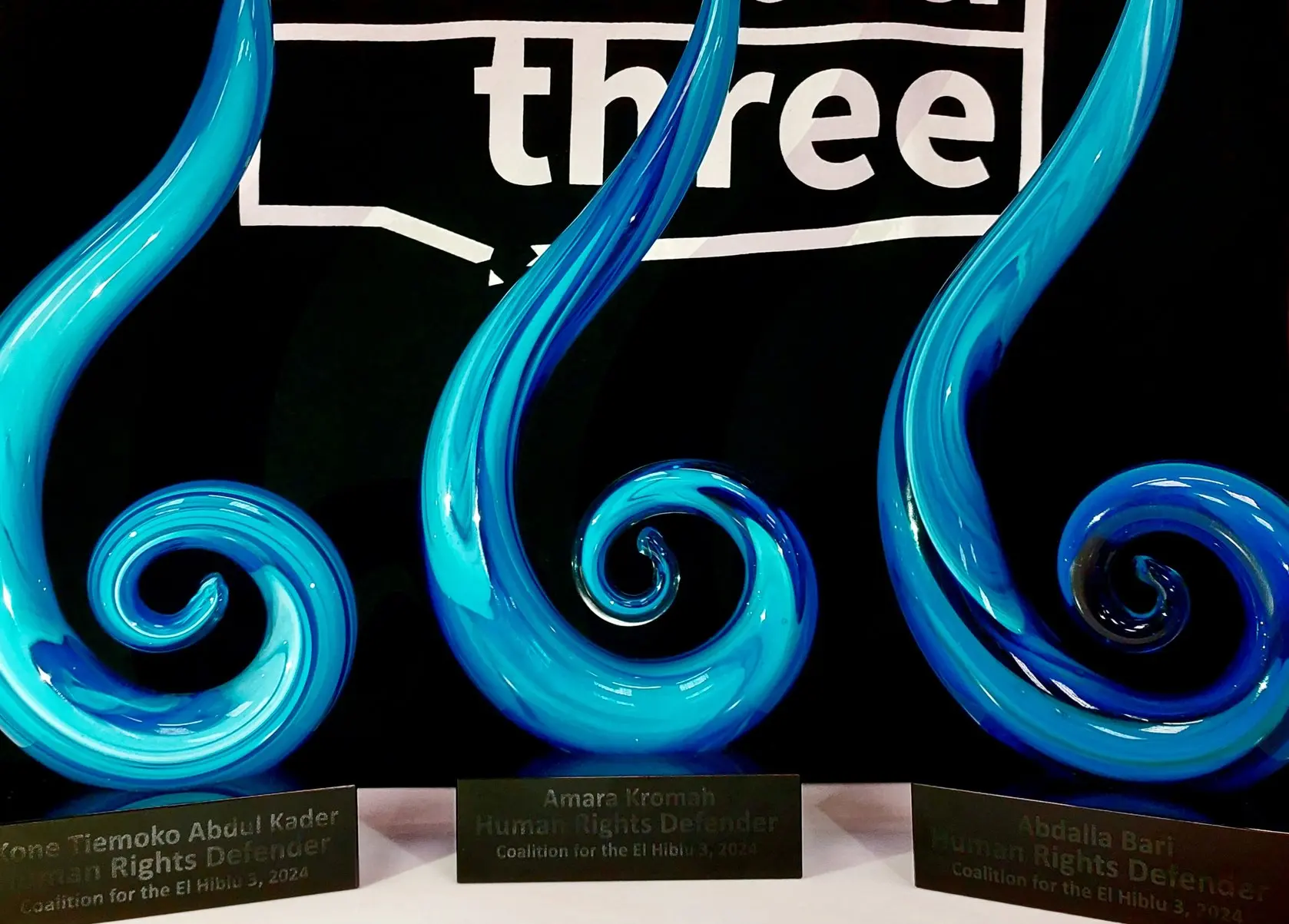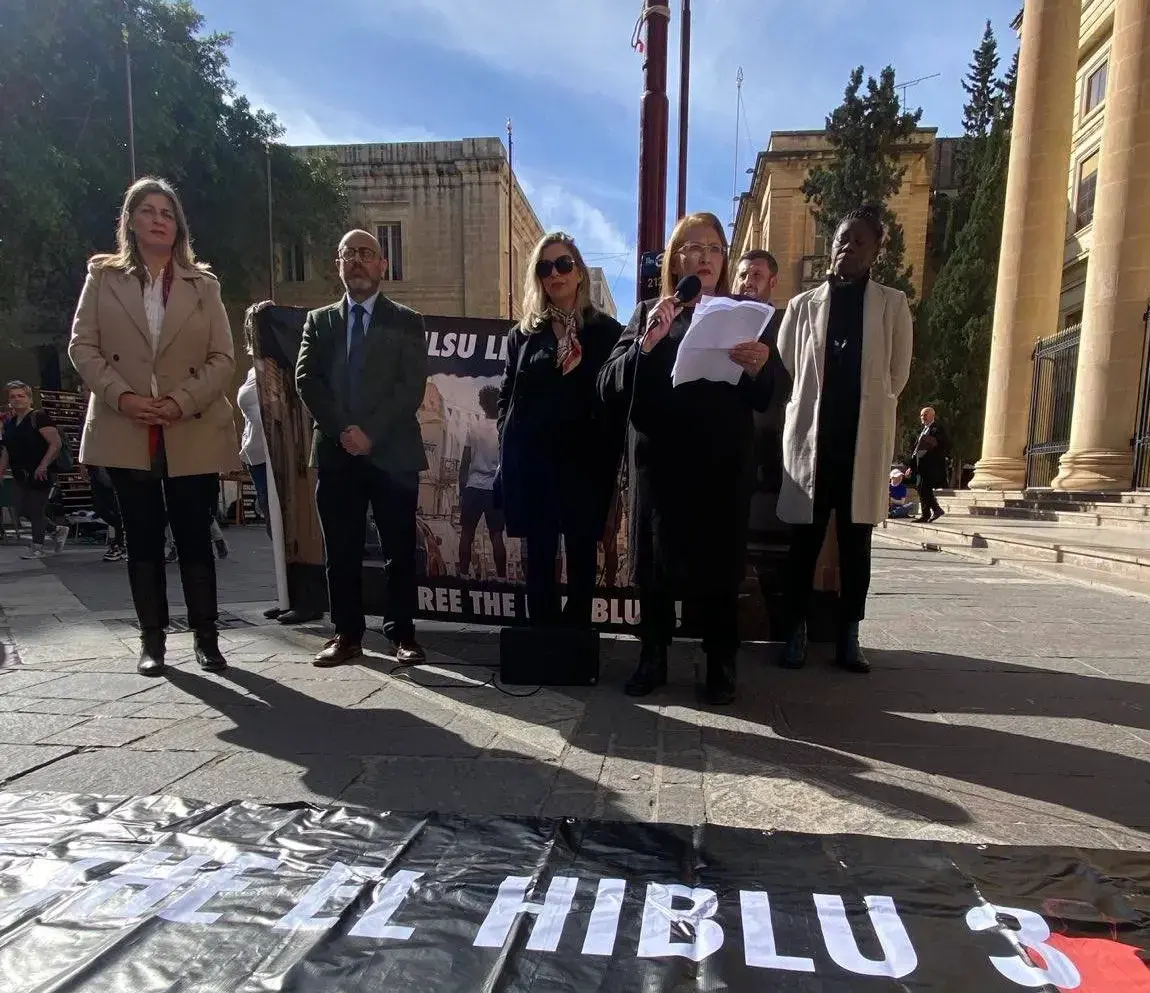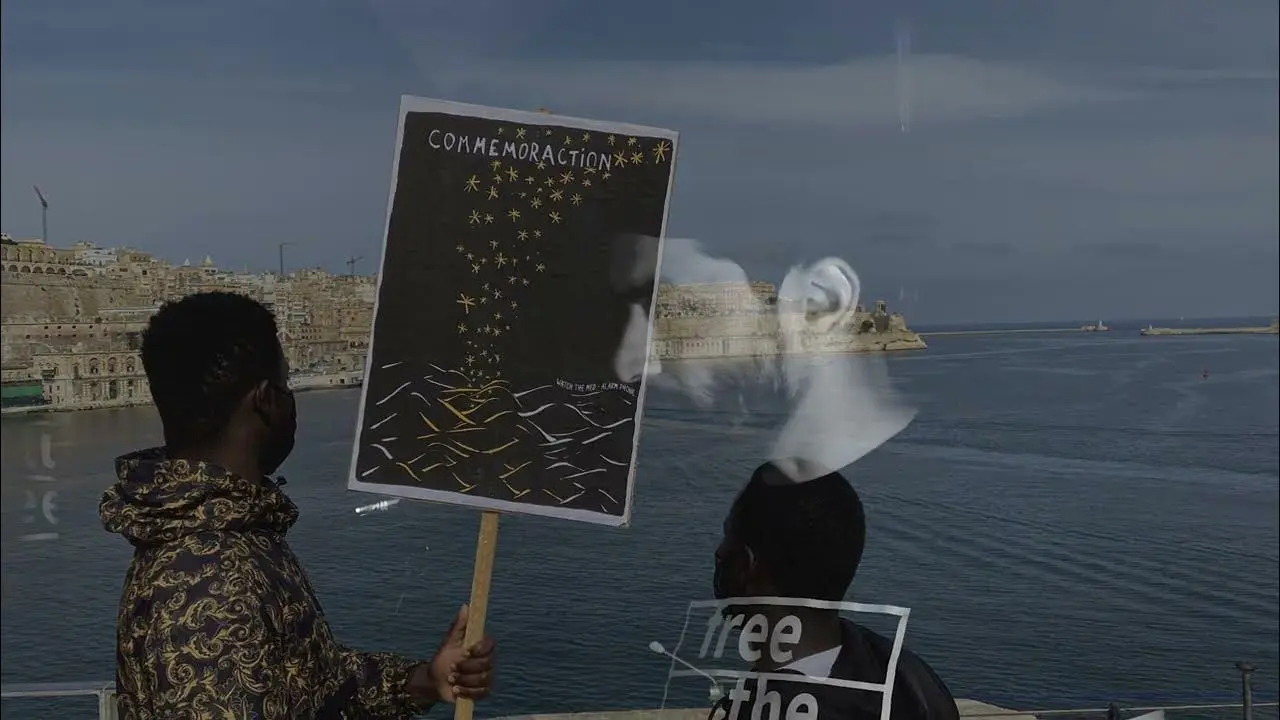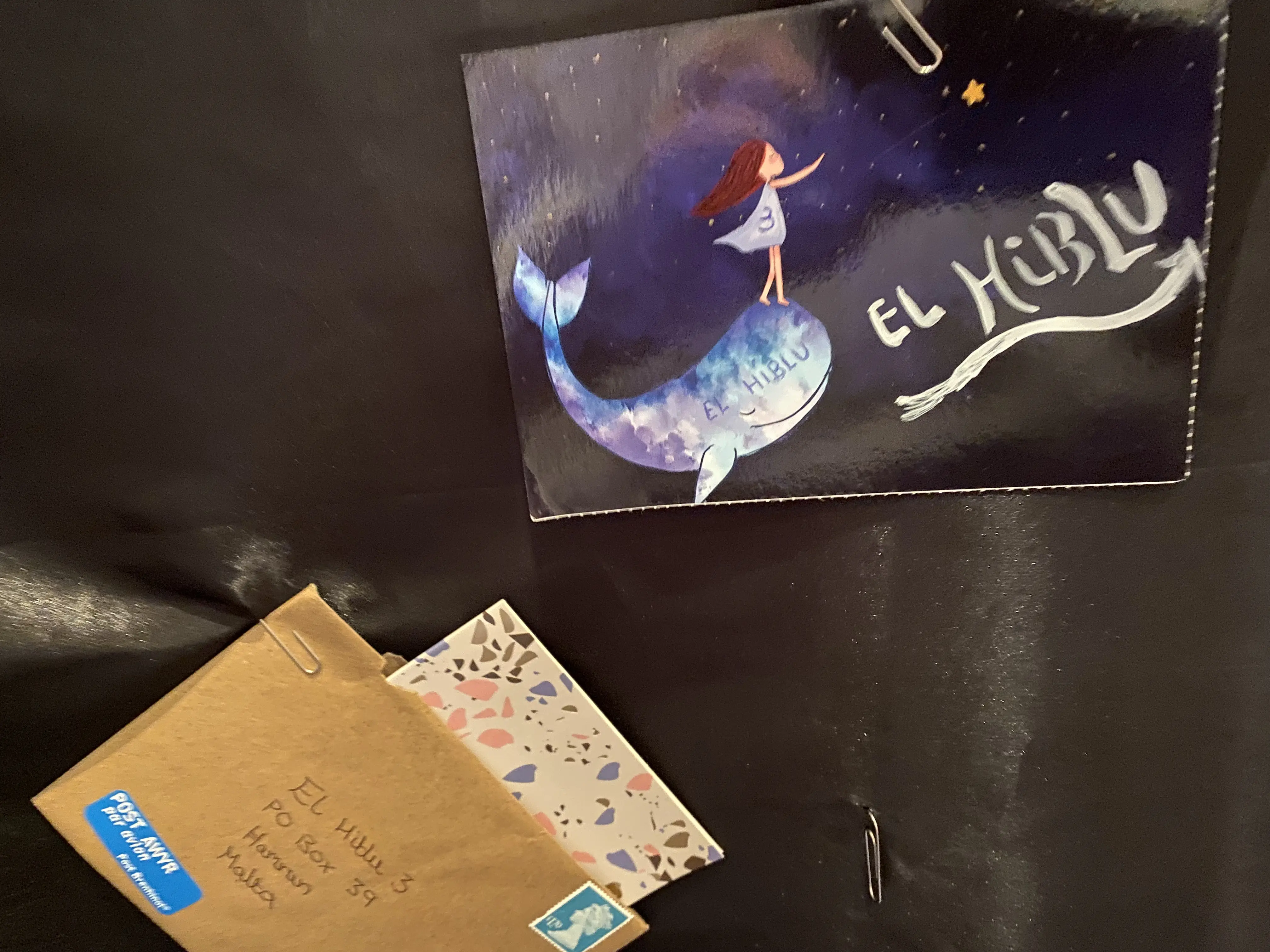· 4 min read
The Story of the El Hiblu Three
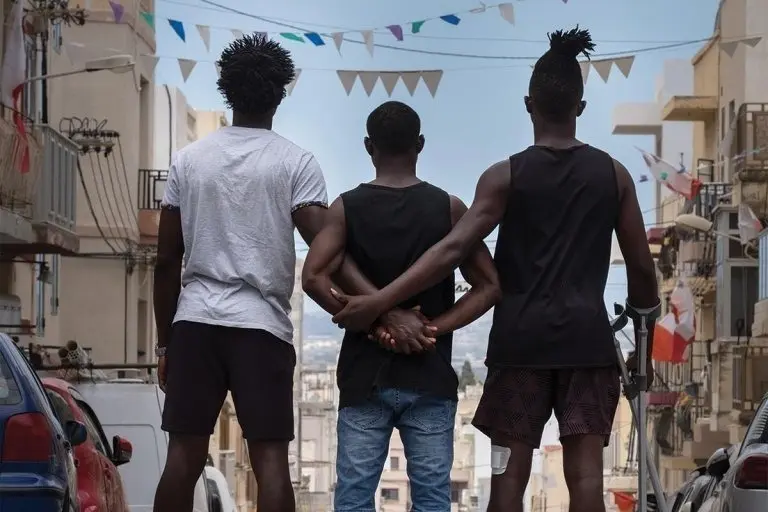
Abdalla, Amara and Kader arrived in Malta in March 2019, having been rescued from a sinking rubber boat in the middle of the Mediterranean Sea. At just 15, 16 and 19 years old, their dream of arriving in Europe had come to pass, yet a new nightmare was just beginning.
They had departed from Libya on a small, overcrowded boat that soon began to take on water. The 100 or so passengers feared they wouldn’t reach Europe and that their fate lay with the thousands of others who had died in the Mediterranean. Fear turned to relief when an oil tanker, the El Hiblu 1, appeared to rescue the distressed travellers.
As they clambered aboard, the first mate of the vessel identified Amara as someone who spoke English and could translate between the six-man crew and the other passengers.
Tensions rose as the tanker attempted to illegally return the rescued to Libya, as instructed by EU authorities. Knowing the violence that awaited them there, people on board despaired, with some threatening to jump overboard rather than be returned and others chanting “No Libya”.
The first mate asked Amara once more to translate, with Abdalla and Kader also helping to mediate between a scared crew and scared passengers. Three teenagers who had left their families to search for a better life and who were strangers until that moment, helped to resolve an unpredictable situation thanks to their language skills. The oil tanker turned north, away from the Libyan coast and motored towards Malta.
But even before the El Hiblu landed in Malta, the international press and politicians like Italy’s then interior minister, Matteo Salvini, quickly instrumentalised the situation, portraying the three as pirates and hijackers. On arrival, the three were accused of having committed multiple crimes, including acts of “terrorism”, threatening a crew, and hijacking a ship – preliminary charges that could carry life sentences.
Criminalisation and imprisonment
In the first days of their imprisonment, Amara was convinced officials had made a mistake. Surely the authorities would realise that translators weren’t “terrorists”? Their disillusionment deepened as they suffered further injustices: they were imprisoned for almost eight months, initially in the maximum-security wing of Corradino, the adult prison in Malta, despite two of them being minors at the time.
Since their release, they have had to adhere to strict bail conditions while Malta’s judicial system turns at a snail’s pace. For almost five years, the three young men have attended court hearings every month. Witnesses have testified during hearings that the three helped calm the situation on board and have thanked them for their actions. These testimonies corroborate what the El Hiblu 3 have always maintained: that they are innocent.
Moreover, the judicial process has been painfully slow and riddled with failures, silences and erasures. The constant delays can only be viewed as deliberate attempts to wear the three young men down, to demoralise them and strip them of hope.
The Attorney General only issued a bill of indictment formally charging Abdalla, Amara, and Kader with all the original accusations four and a half years after they arrived, in November 2023. The Attorney General did so despite the testimonies heard in the intervening period that point to their innocence and despite condemnation of the judicial process from legal scholars, international organisations and activists. According to Amnesty International, Malta’s Attorney General made the ‘worst possible decision’ when she issued a bill of indictment that could lead to life sentences for the El Hiblu 3. Indeed, many have hailed the three young men as heroes whose mediation helped prevent an illegal pushback to Libya.
The case illustrates how time is “weaponised” not only at sea, where migrant boats are often deliberately left in distress and rescue efforts delayed, but also on land, where the lives of “newcomers” are put on hold as they are criminalised.
As a signatory to the Convention on the Rights of the Child, the Maltese authorities have a responsibility to ensure that, “Every child deprived of liberty shall be treated with humanity and respect … and in a manner which takes into account the needs of persons of his or her age.” They are manifestly failing in this duty in this case.
Abdalla, Amara and Kader are now known as the El Hiblu 3, bound together in a legal process that has left them in a state of legal, physical and emotional limbo. They are unable to settle and build a life in Malta.
They’ve been wrongly accused of hijacking a ship, but it is they who have been robbed of their liberty. Malta has stolen their youth.
